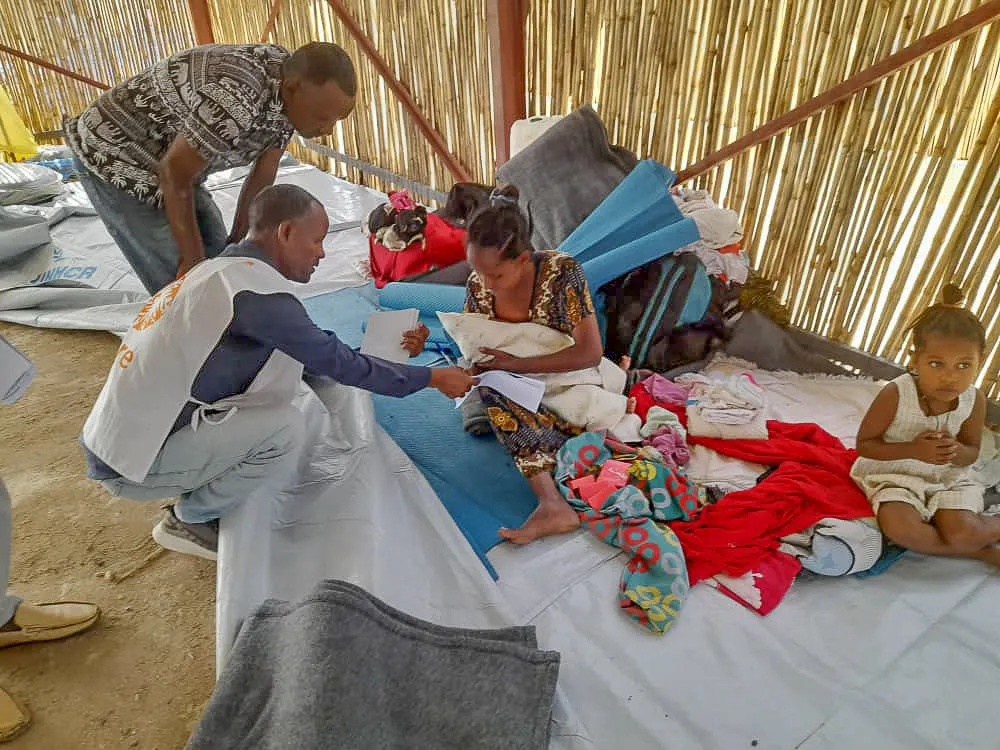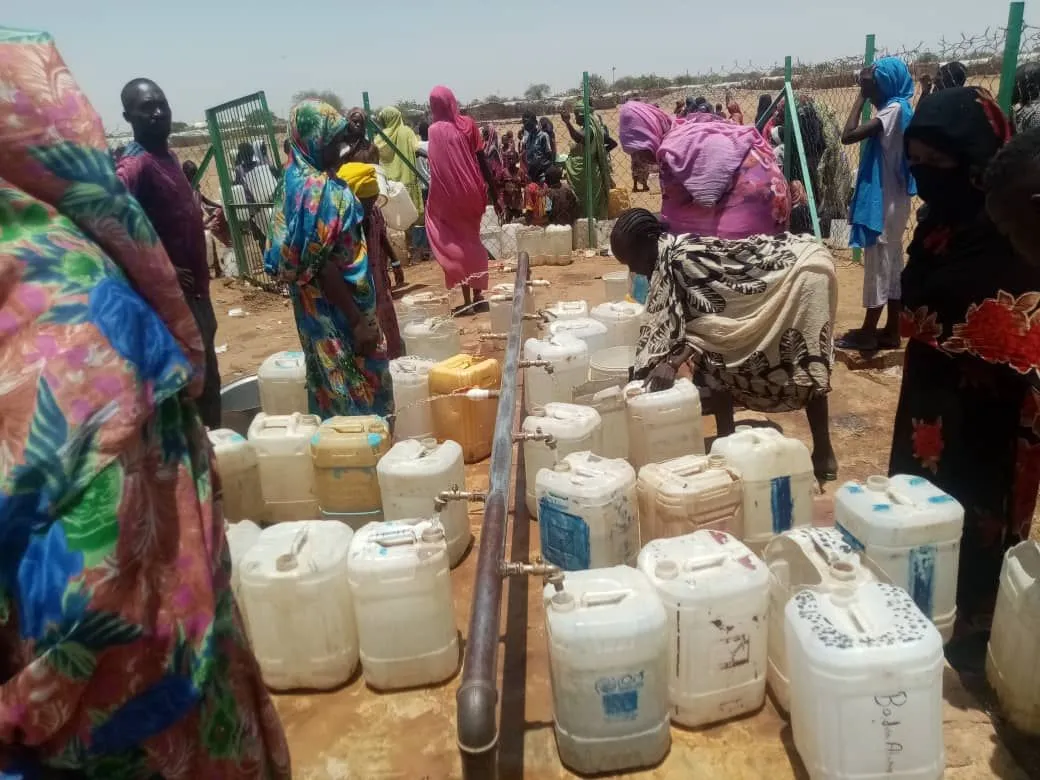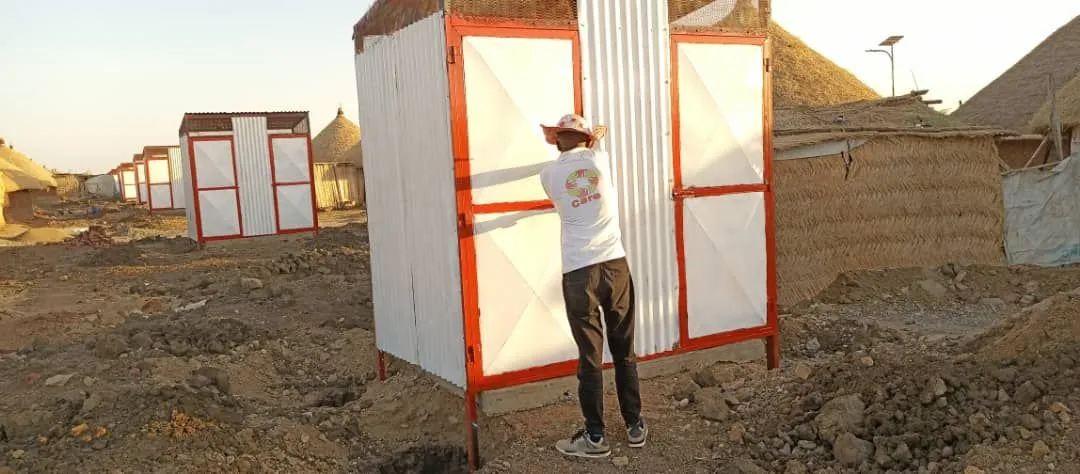Before the conflict began, the United Nations estimated one out of every three people in Sudan needed humanitarian assistance. Now, that number has jumped by over 50% to nearly 25 million. Similarly, the UN reported that Sudan already had 3.7 million internally displaced people before the new conflict erupted, and now there are an estimated 843,000 more.
“As a woman, it is scary to go out as I fear being caught in the crossfire, harassed, assaulted, or even raped,” said Nadia*, who lives in Khartoum. “Many women can’t access health services because going outside is so risky.”
Separately, Hiba* told us, “It is still unsafe in Khartoum to go out, especially for women, to search for food, water, and health services as we are afraid of being attacked, looted, or harassed.
“I am trying to stay safe with my family by sheltering at home and trying to avoid shelling and crossfire.”



